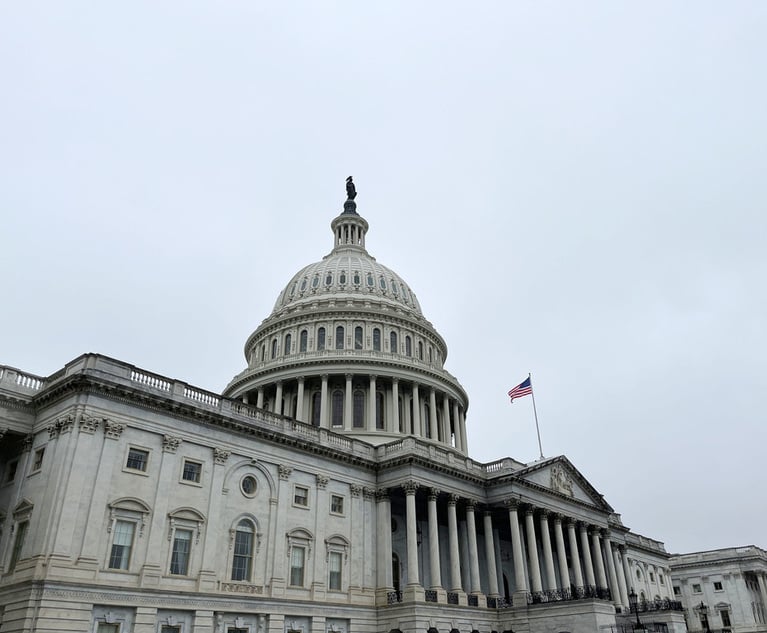



Justin Henry|March 08, 2023
“We can't just be focused on events and activities, and we can’t just be focused on changing hearts and minds," said Alexis Robertson, director of diversity, equity and inclusion at Foley & Lardner. "It has to be more of a systems-focused approach.”
6 minute read


Presented by BigVoodoo
General Counsel Summit is the premier event for in-house counsel, hosting esteemed legal minds from all sectors of the economy.
Join General Counsel and Senior Legal Leaders at the Premier Forum Designed For and by General Counsel from Fortune 1000 Companies
WIPL is the original global forum facilitating women-to-women exchange on leadership and legal issues.
Health Law Associate CT Shipman is seeking an associate to join our national longstanding health law practice. Candidates must have t...
Shipman & Goodwin LLP is seeking two associates to expand our national commercial real estate lending practice. Candidates should have ...
Epstein Becker & Green is seeking an associate to joins its Commercial Litigation practice in our Columbus or Cincinnati offices. Ca...
MELICK & PORTER, LLP PROMOTES CONNECTICUT PARTNERS HOLLY ROGERS, STEVEN BANKS, and ALEXANDER AHRENS